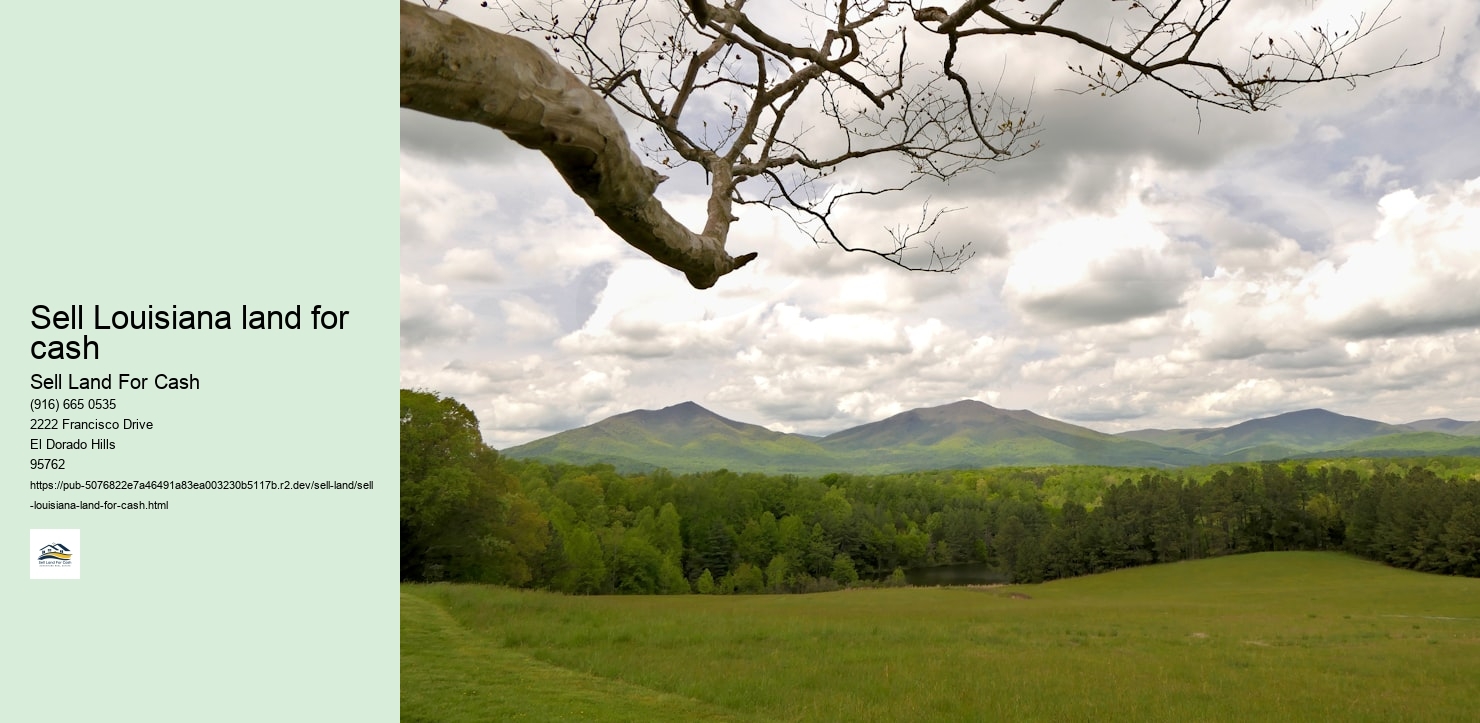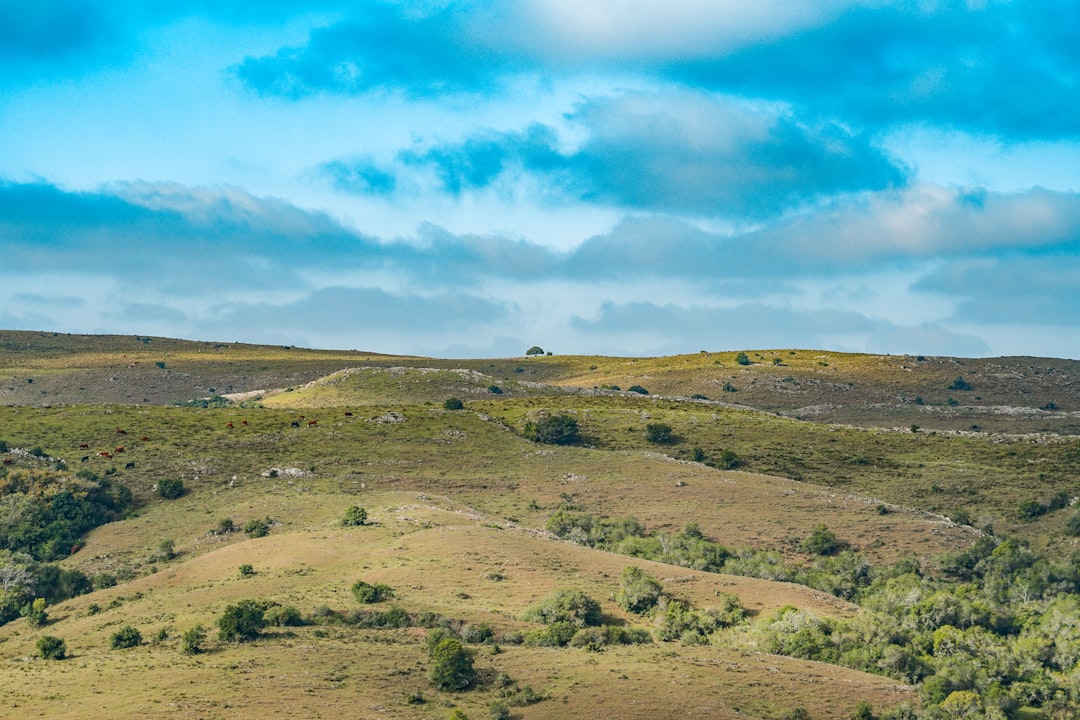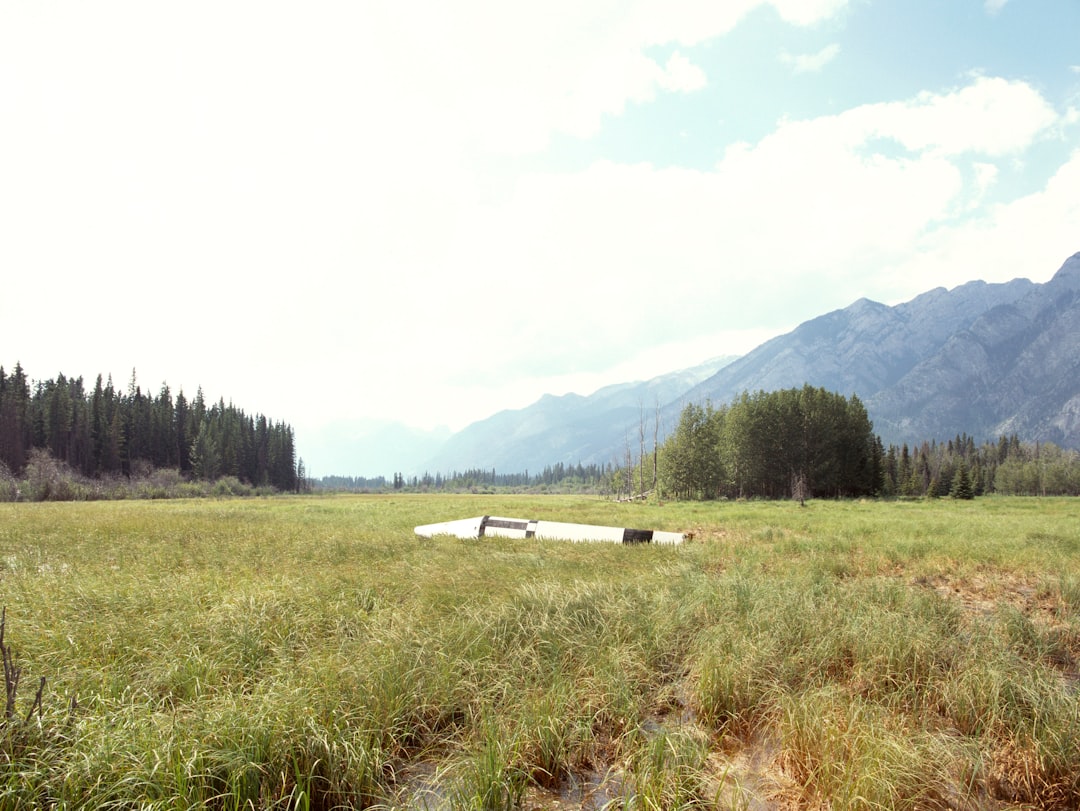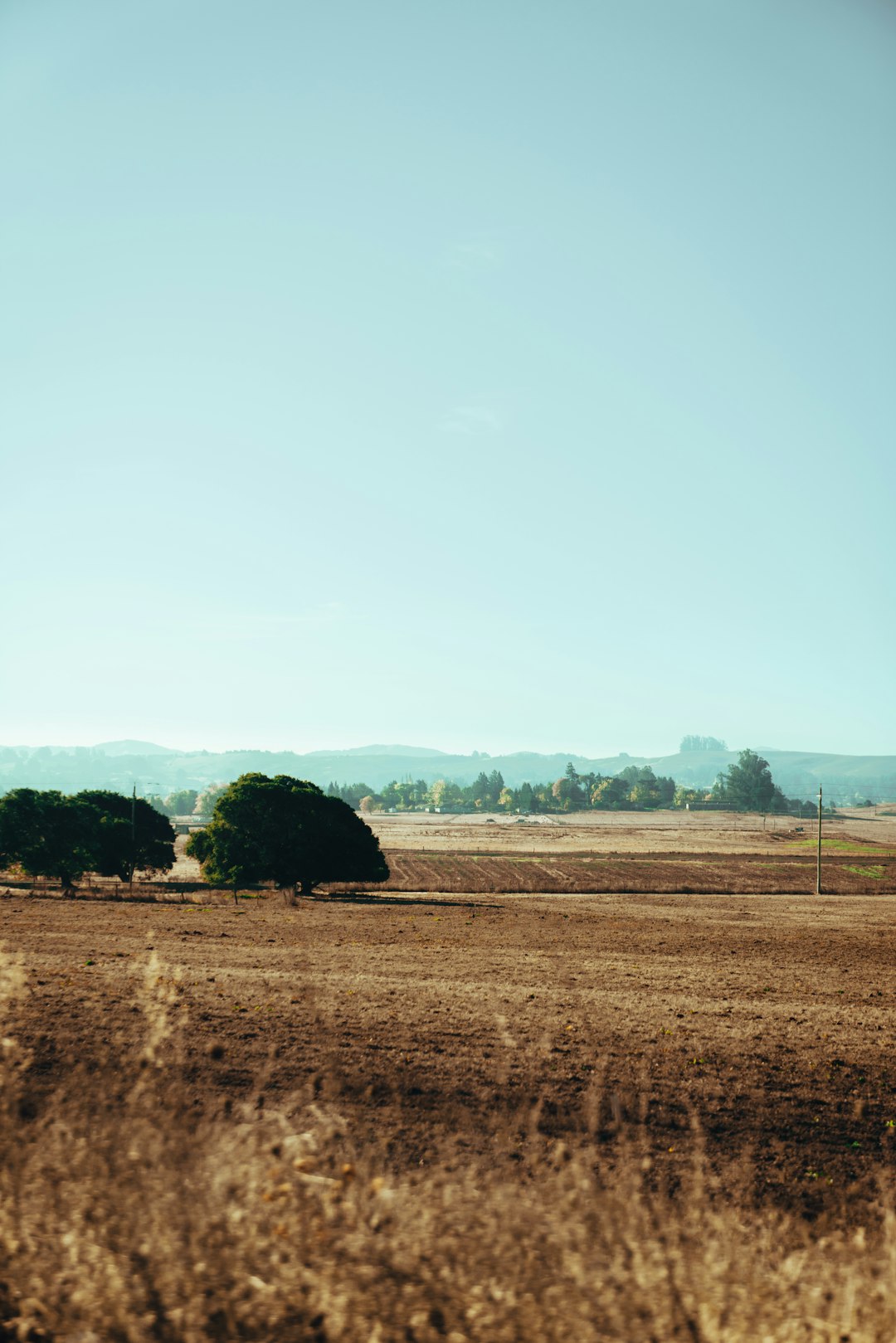

Before deciding to sell your Louisiana land for cash, there are several key factors that you should consider.
Location: The location of your land plays a crucial role in determining its value. Factors such as proximity to amenities, schools, and major highways can significantly impact the selling price. Additionally, the overall desirability of the area can also influence how quickly your land will sell.
Market Conditions: It is essential to carefully assess the current market conditions before putting your Louisiana land up for sale. Understanding trends in real estate prices and demand in your specific area will help you determine the best time to sell for maximum profit.
Zoning Regulations: Before selling your Louisiana land, it is important to familiarize yourself with local zoning regulations. These regulations dictate how the land can be used or developed, which can affect its value. Make sure you understand any restrictions or limitations that may impact potential buyers.
Title Issues: Ensuring that your title is clear and free of any encumbrances is vital before selling your Louisiana land. Any unresolved title issues could delay or even prevent the sale from going through. It is advisable to conduct a thorough title search or consult with a real estate attorney to address any potential problems.
Tax Implications: Selling land in Louisiana can have tax implications that you need to consider before finalizing the sale. Depending on various factors such as how long you've owned the land and how much profit you stand to make, you may be subject to capital gains taxes. Consulting with a tax professional can help you understand these implications and plan accordingly.
Professional Assistance: Finally, seeking professional assistance from a real estate agent or appraiser can help ensure a smooth and successful sale of your Louisiana land. These experts have valuable knowledge of local market conditions and legal requirements that can guide you through the selling process effectively.
When selling Louisiana land, there are several potential tax implications to consider. Understanding these implications can help you make informed decisions and avoid any surprises come tax time.
Capital gains tax: When you sell Louisiana land for a profit, you may be subject to capital gains tax. This tax is based on the difference between your purchase price and the selling price of the land. It's important to note that different rates may apply depending on how long you owned the land.
Depreciation recapture: If you have claimed depreciation on any buildings or improvements on the land, you may be required to pay depreciation recapture tax when you sell. This tax is calculated based on the amount of depreciation you have taken over the years.
State taxes: In addition to federal taxes, Louisiana also has its own set of state taxes that may apply when selling land. It's important to familiarize yourself with these state-specific taxes to ensure compliance with all regulations.
Inheritance and estate taxes: If you plan to pass down your Louisiana land as an inheritance, it's important to consider any potential inheritance or estate taxes that may apply. Consulting with a financial advisor or estate planning attorney can help ensure your assets are transferred in a tax-efficient manner.
Tax deductions: While there are several potential taxes owed when selling Louisiana land, there may also be opportunities for tax deductions. Expenses related to preparing the property for sale, such as repairs or staging costs, may be deductible from your taxable income.
Consultation with a tax professional: Navigating the various tax implications of selling Louisiana land can be complex. Consulting with a qualified tax professional can help ensure you are aware of all applicable taxes and strategies for minimizing their impact on your finances.
Louisiana (French: Louisiane [lwizjan]; Spanish: Luisiana [lwiˈsjana]; Louisiana Creole: Lwizyàn) is a state in the Deep South and South Central regions of the United States. It borders Texas to the west, Arkansas to the north, and Mississippi to the east. Of the 50 U.S. states, it ranks 20th in land area and the 25th in population, with roughly 4.6 million residents. Reflecting its French heritage, Louisiana is the only U.S. state with political subdivisions termed parishes, which are equivalent to counties, making it one of only two U.S. states not subdivided into counties (the other being Alaska and its boroughs). Baton Rouge is the state's capital, and New Orleans, a French Louisiana region, is its largest city with a population of about 383,000 people. Louisiana has a coastline with the Gulf of Mexico to the south; a large part of its eastern boundary is demarcated by the Mississippi River.
Much of Louisiana's lands were formed from sediment washed down the Mississippi River, leaving enormous deltas and vast areas of coastal marsh and swamp. These contain a rich southern biota, including birds such as ibises and egrets, many species of tree frogs—such as the state-recognized American green tree frog—and fish such as sturgeon and paddlefish. More elevated areas, particularly in the north, contain a wide variety of ecosystems such as tallgrass prairie, longleaf pine forest and wet savannas; these support an exceptionally large number of plant species, including many species of terrestrial orchids and carnivorous plants. Over half the state is forested.
Louisiana is situated at the confluence of the Mississippi river system and the Gulf of Mexico. Its location and biodiversity attracted various indigenous groups thousands of years before Europeans arrived in the 17th century. Louisiana has eighteen Native American tribes—the most of any southern state—of which four are federally recognized and ten are state-recognized. The French claimed the territory in 1682, and it became the political, commercial, and population center of the larger colony of New France. From 1762 to 1801 Louisiana was under Spanish rule, briefly returning to French rule before being sold by Napoleon to the U.S. in 1803. It was admitted to the Union in 1812 as the 18th state. Following statehood, Louisiana saw an influx of settlers from the eastern U.S. as well as immigrants from the West Indies, Germany, and Ireland. It experienced an agricultural boom, particularly in cotton and sugarcane, which were cultivated primarily by slaves from Africa. As a slave state, Louisiana was one of the original seven members of the Confederate States of America during the American Civil War.

When it comes to selling Louisiana land for cash, finding interested buyers can be a daunting task.. However, with the right approach and strategy, you can attract potential buyers who are eager to purchase your property.
Posted by on 2024-09-30

When selling Louisiana land for cash, there are several legal documents that are required to complete the transaction.. These documents are essential to ensure that the sale is legally binding and all parties involved are protected.
Posted by on 2024-09-30

The process of selling Louisiana land for cash is a straightforward and efficient way to turn your property into valuable assets.. Whether you are looking to downsize, relocate, or simply liquidate your real estate holdings, selling land for cash can provide you with the financial flexibility you need.
Posted by on 2024-09-30

When it comes to selling your Louisiana land, there are several tips and strategies you can employ to maximize the value of your sale.. Whether you're looking to sell a large plot of land or just a small parcel, these tips can help you get the most out of your property.
Posted by on 2024-09-30
When it comes to selling Louisiana land for cash, there are several key strategies that can help you maximize your profits and make the process as smooth as possible.
Utilize a Real Estate Agent: One of the most common ways to sell Louisiana land is by working with a real estate agent who specializes in vacant land sales. A knowledgeable agent will have experience in marketing land properties and can help you navigate the complexities of the selling process.
Consider Online Listing Platforms: Another effective way to sell Louisiana land for cash is by listing it on online platforms such as LandWatch, Land And Farm, or Zillow. These websites attract buyers from all over the country and can help you reach a larger audience.
Highlight Unique Features: When marketing your Louisiana land for sale, be sure to highlight any unique features that make your property stand out. Whether it's waterfront views, hunting opportunities, or timber value, showcasing these characteristics can attract potential buyers.
Price Competitively: To sell your Louisiana land quickly for cash, it's important to price it competitively. Research comparable properties in the area and consider hiring an appraiser to determine the fair market value of your land.
Consider Direct Sales: If you're looking to sell your Louisiana land quickly without paying commissions or fees, consider exploring direct sales options. Companies that specialize in buying land for cash can offer a quick and hassle-free transaction.
Be Prepared for Negotiations: Finally, when selling Louisiana land for cash, be prepared for negotiations with potential buyers. Stay flexible on terms such as price, closing date, and contingencies to increase your chances of making a successful sale.


When it comes to selling Louisiana land quickly and easily, there are a few key steps to keep in mind. Whether you are looking to sell your land for cash or through a traditional real estate transaction, following these guidelines can help streamline the process and ensure a successful sale.
Researching the Market Before putting your Louisiana land on the market, it is important to research current market conditions and trends. This will help you determine an appropriate asking price for your property and identify potential buyers who may be interested in purchasing land in the area.
Marketing Your Land Once you have determined an asking price for your Louisiana land, the next step is to market your property effectively. This can include listing your land on real estate websites, social media platforms, and local classifieds. You may also want to consider hiring a real estate agent with experience selling land in Louisiana to help attract potential buyers.
Negotiating Offers As offers start coming in for your Louisiana land, it is important to carefully review each one and negotiate terms that work best for you as the seller. This can include negotiating the sale price, closing date, and any contingencies that may be included in the offer. Working with a skilled negotiator can help ensure that you get the best deal possible for your property.
Closing the Sale Once you have accepted an offer for your Louisiana land, the final step is closing the sale. This involves signing legal documents, transferring ownership of the property, and receiving payment from the buyer. Working with a reputable title company or real estate attorney can help facilitate this process and ensure that all necessary paperwork is completed accurately and efficiently.
Louisiana is known for its diverse landscapes, from marshlands to forests, making it a desirable location for land buyers. As a result, the market value of Louisiana land for sale can vary depending on various factors.
Location: The location of the land plays a significant role in determining its market value. Land located near urban areas or along major highways tends to have higher values compared to rural or remote locations. Coastal properties may also command higher prices due to their proximity to water and potential for development.
Size: The size of the land is another crucial factor in determining its market value. Larger parcels of land typically have higher price tags, especially if they are suitable for agricultural purposes or commercial development. Smaller plots may be more affordable but could still fetch a good price depending on their location and amenities.
Zoning and Potential Use: The zoning regulations governing the land can impact its market value. Land designated for residential, commercial, or industrial use may be more valuable than undeveloped or agriculturally zoned land. Buyers looking to invest in Louisiana land for sale should consider the potential uses of the property and how it aligns with their long-term goals.
Market Trends: Finally, staying informed about current market trends in Louisiana real estate can help sellers accurately gauge the value of their land. Factors such as supply and demand, interest rates, and economic conditions can all influence property values. Working with a knowledgeable real estate agent who specializes in Louisiana land sales can provide valuable insights into the current market value of your property.


Utilize online real estate platforms Listing your Louisiana land on popular online real estate platforms can help you reach a wide audience of potential buyers quickly. Websites like Zillow, Realtor.com, and LandWatch allow you to create listings with photos and detailed descriptions, making it easy for interested buyers to find your property.
Hire a local real estate agent Working with a local real estate agent who specializes in selling land in Louisiana can expedite the process of finding a buyer. Agents have access to networks of buyers and can market your property effectively through their connections and resources.
Advertise on social media Social media platforms like Facebook, Instagram, and Twitter offer powerful tools for advertising your Louisiana land to a targeted audience. You can create targeted ads based on location, interests, and demographics to attract potential buyers who are actively looking for land in the area.
Attend local real estate events Networking at local real estate events such as open houses, auctions, and networking mixers can help you connect with potential buyers for your Louisiana land. Building relationships with other industry professionals and investors may lead to referrals or direct sales opportunities.
Consider selling directly to investors If you're looking for a quick sale without the hassle of listing your Louisiana land on the market, consider selling directly to investors or investment companies who specialize in buying properties for cash. This option eliminates the need for marketing and negotiations with traditional buyers.
Price competitively Setting an attractive price for your Louisiana land can entice buyers and generate interest quickly. Research comparable properties in the area and consider pricing slightly below market value to attract motivated buyers looking for a good deal.
Highlight unique features of the property Emphasizing the unique features of your Louisiana land, such as waterfront views, proximity to amenities, or potential for development, can make it stand out from other listings and capture the attention of interested buyers faster. Be sure to include captivating photos and descriptions that showcase what makes your property special.
The average price per acre when selling Louisiana land can vary depending on various factors such as location, size, and condition of the land.
Location The location of the land plays a significant role in determining its value. Land located near urban areas or with easy access to amenities tends to have a higher price per acre compared to rural or remote locations.
Size The size of the land is another important factor that affects its price per acre. Larger parcels of land are generally priced lower per acre compared to smaller parcels due to economies of scale.
Condition The condition of the land, including factors such as soil quality, topography, and existing infrastructure, can also impact its price per acre. Well-maintained and fertile land typically commands a higher price per acre compared to land that requires extensive repairs or improvements.
Market Trends Market trends and economic conditions can also influence the average price per acre when selling Louisiana land. Factors such as supply and demand, interest rates, and overall economic growth can affect the value of land in the market.
Comparable Sales One way to determine the average price per acre when selling Louisiana land is by looking at comparable sales in the area. By analyzing recent sales data for similar properties, sellers can get an idea of what buyers are willing to pay for land in that specific location.
Consulting Professionals To get an accurate estimate of the average price per acre for their Louisiana land, sellers may consider consulting real estate agents or appraisers who specialize in property valuation. These professionals can provide valuable insights into current market conditions and help sellers determine a fair asking price for their land.
Negotiation Ultimately, the final sale price of Louisiana land will depend on negotiations between buyers and sellers. Factors such as buyer motivation, seller urgency, and property features can all impact the final price per acre agreed upon by both parties.

Taking necessary steps such as obtaining clear title and coordinating with a reputable closing agent can streamline the transaction process with cash buyers.
You will likely need a copy of your deed, survey maps, and any relevant permits or approvals for potential buyers.
Having all required documents ready will help expedite the selling process.